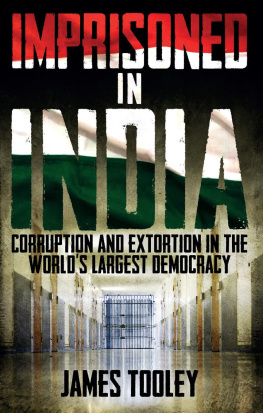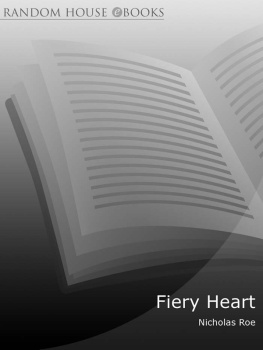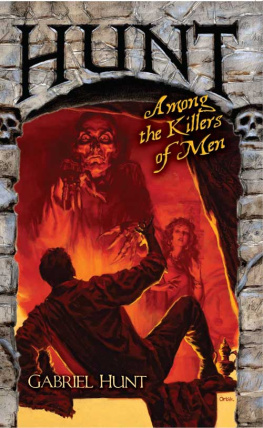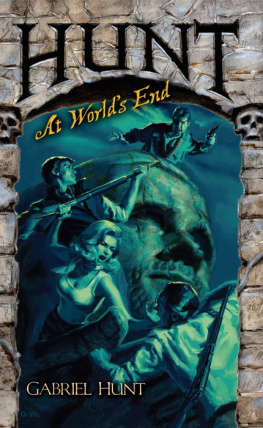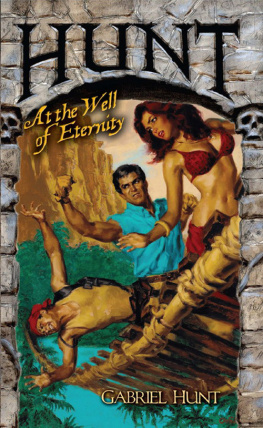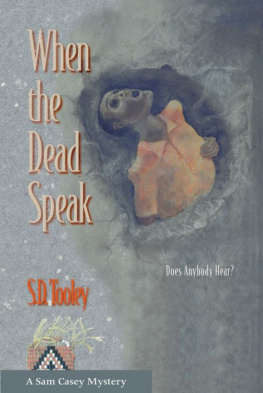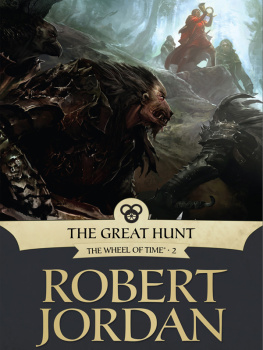Hunt Tooley 2003, 2016
All rights reserved. No reproduction, copy or transmission of this publication may be made without written permission.
No portion of this publication may be reproduced, copied or transmitted save with written permission or in accordance with the provisions of the Copyright, Designs and Patents Act 1988, or under the terms of any licence permitting limited copying issued by the Copyright Licensing Agency, Saffron House, 610 Kirby Street, London EC1N 8TS.
Any person who does any unauthorized act in relation to this publication may be liable to criminal prosecution and civil claims for damages.
The author has asserted his right to be identified as the author of this work in accordance with the Copyright, Designs and Patents Act 1988.
First edition published 2003 as The Western Front
This edition published 2016 by
PALGRAVE
Palgrave in the UK is an imprint of Macmillan Publishers Limited, registered in England, company number 785998, of 4 Crinan Street, London, N1 9XW.
Palgrave Macmillan in the US is a division of St Martins Press LLC, 175 Fifth Avenue, New York, NY 10010.
Palgrave is a global imprint of the above companies and is represented throughout the world.
Palgrave and Macmillan are registered trademarks in the United States, the United Kingdom, Europe and other countries.
ISBN 9781137471253 hardback
ISBN 9781137471260 paperback
This book is printed on paper suitable for recycling and made from fully managed and sustained forest sources. Logging, pulping and manufacturing processes are expected to conform to the environmental regulations of the country of origin.
A catalogue record for this book is available from the British Library.
A catalog record for this book is available from the Library of Congress.
Preface to the Second Edition
A hundred years ago, poison gas had just made its appearance on the Western Front. The great shell crises of World War I had just finished their first news cycle, creating the public opinion basis for the enormous expansion of the war into lives across the world. Italy had just entered the war on the Entente side. The United States as yet merely watched and assessed. Lenin, too, watched and assessed, but from exile in Switzerland. Rationing was only just beginning to take its tangible bite from the daily bread of populations of the countries at war. The names Verdun and The Somme meant nothing to the vast majority. No one had ever heard of a weapon called a tank. The crisis of the war would begin, over the next months, to transform the world. For all the changes of the twentieth century and beyond, it is worth contemplating whether the people of 1918 were not more like the people of 2015 than they were like the people of 1914.
When I began writing The Western Front in the 1990s, it was partly because I had taught World War I for years and felt keenly the paucity of books of reasonable length for classroom use or, indeed, outside the classroom as an introductory narrative of the war. I was concerned to give the history of the war some form, and having discussed the battle front/home front connections with a generation of students, I decided to use these connections as the binding material for this story. And indeed, without taking away from the crucial importance of the Eastern Front and the other fronts of the war, I was especially interested in studying the Western Front as an organic whole almost, indeed, as an organism. Finally, it must be mentioned that my account internalizes a critique not just of nationalism, but of the modern state itself: twelve million soldiers did not die because individuals from France hate individuals from Germany, or because Lithuanians hate Galicians. Hence, the states involved are culpable, and I hope that my work provides some access points to further studies in this critical mode. After over a decade of reviews and conversations about the resulting 2003 volume, I am still convinced that these limitations of purpose and topic work well together. I think the book remains a good idea.
In the meantime, however, all kinds of cultural and academic influences have brought the war toward center stage in the thinking of the history-consuming public and in the more abstract realms of historical research (a movement already underway in 2003). Many books touching on aspects of the war have since appeared to alter our perceptions, and not a few intrepid scholars have produced large syntheses which attempt to tell the whole story, or a reasonable version of it. A great literature has resulted. On reflection, it is astounding that this enormous project has been carried through by the work of thousands of dedicated scholars and writers without coordination or central planning. Another important point to make is that this historical output is by no means a product of the English-speaking world only. German, French, Belgian, and Austrian scholars, as well as those from many other lands, have played a crucial role in this vast historical reconstruction. Nor has the scholarship come only from academic historians. Museum curators, re-enactors, anthropologists, documentary filmmakers, sociologists, economists, literary scholars, archivists, journalists, military specialists, and individuals from many other fields have made important contributions. To tell the truth, I stand in awe of this scholarly edifice. And I simultaneously look forward to future insights which this literature is, even at the moment of this writing, enabling.
I have tried to incorporate as much of this literature as I could into the revised edition, though I found that adding too much would have expanded this book far beyond its original scope and purpose. I am still convinced that there is a place for a small book telling this large story, and I have tried to remain true to that purpose while integrating new insights.
In turning now to the pleasant task of extending thanks, I would like to recognize first my editors at Palgrave, who agreed that there was a place for a revised and updated version of my book. This book originally appeared in the Palgrave series European History in Perspective, edited by Jeremy Black. Even though this edition will not remain in the series, I am indebted to Jeremy for recruiting me and my idea and for his friendly encouragement. At Palgrave, I would like to thank, in particular, Sonya Barker for her interest and support of my project to put out a second edition, and her extensive patience with me throughout the process. Jenna Steventon played an intermediary editorial role, and Rachel Bridgewater has worked with me at the end of this project. Many thanks to these highly courteous and thoughtful editors, who have been a pleasure to work with throughout.
To all those I acknowledged 12 years ago in the original edition I am still indebted. Among them, I must single out a few: my great teachers in my undergraduate and graduate years were all very much engaged in the groundwork for the reawakening of World War I studies: R. J. Q. Adams of Texas A&M University, the late Hans A. Schmitt of the University of Virginia, and of course Arnold Krammer of Texas A&M, who, among many other things, first taught me the centrality of the Great War for the history of the modern world. These are deep debts, which I want to acknowledge once more.
My home institution since 1991, Austin College, has kindly supported several research trips to archives and libraries over the last 12 years, making possible the addition of added archival material as well as added secondary support in this revised edition. Austin College, and in particular The Robert and Joyce Johnson Center (headed by Professor Bernice Melvin) invited me to deliver a public lecture, for which I reformulated some of my ideas. Also at Austin College, discussions with many of my excellent faculty colleagues have been highly beneficial to my understanding of the Great War: Howard Starr, Carol Daeley, and Rod Stewart come to mind in particular. My colleagues in the History Department deserve special mention. Light Cummins, Victoria Cummins, Jacqueline Moore, and Max Grober have provided not only a supportive intellectual family, but they have demonstrated by example to me over decades the high intellectual standards which can be achieved in the setting of American higher education. That is, they have set a very high bar. They are my friends and my advisors, and their patience, kindness, and wisdom as well as their skill as historians have informed my scholarship.



